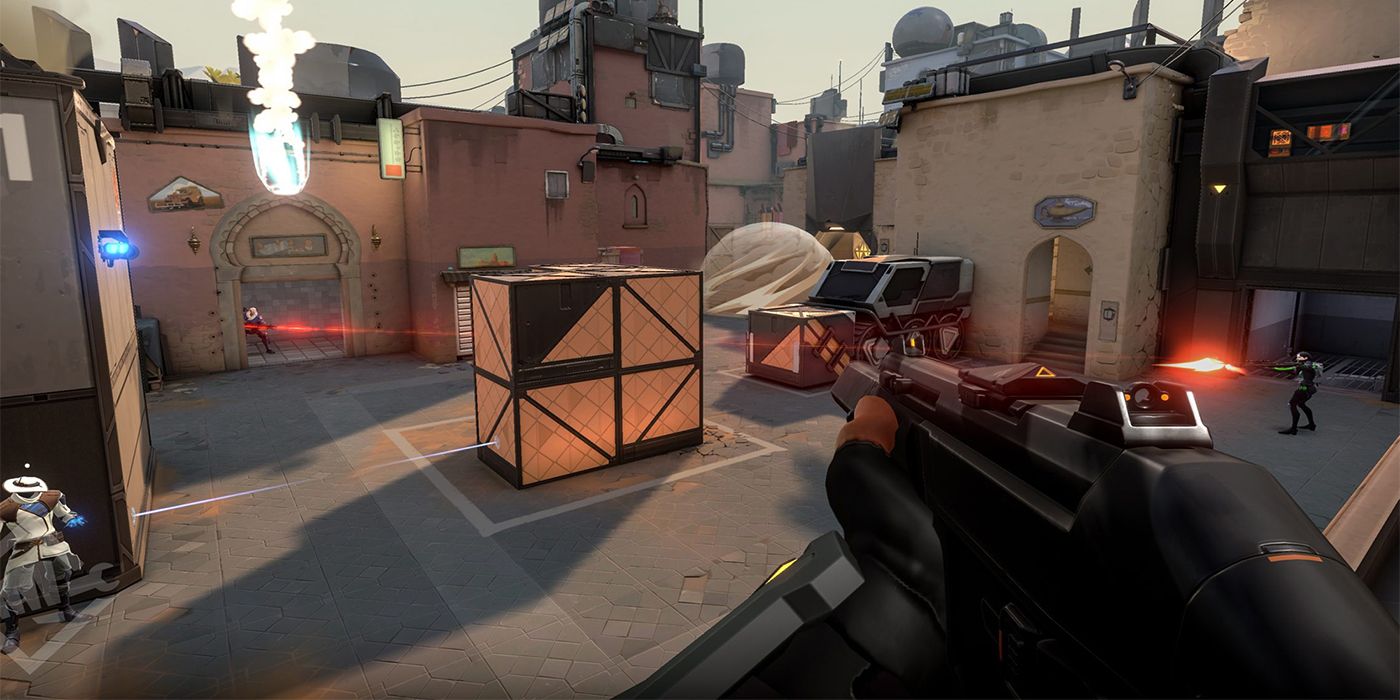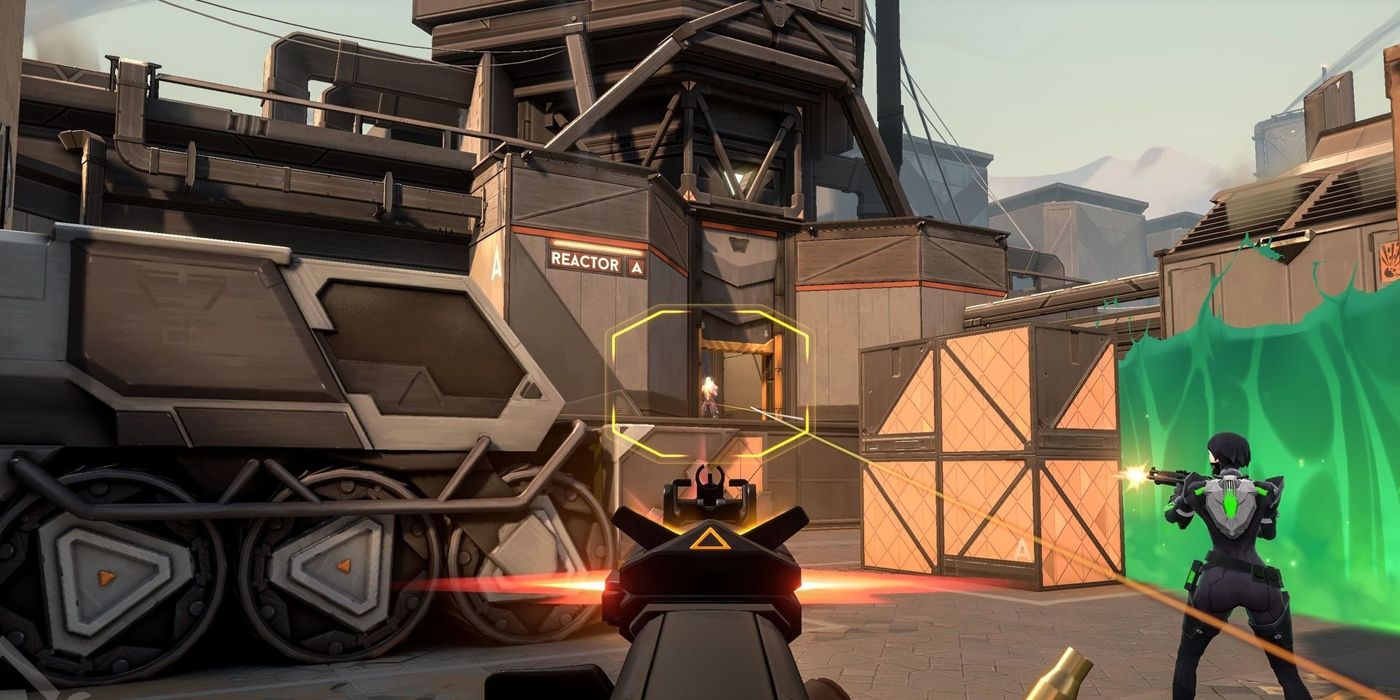Toxic behavior in video games has been an issue for about as long as online multiplayer has been a thing, being a problem for just about anyone that dares set foot in an FPS game lobby. That sort of harassment is a constant struggle for moderators in games like Valorant, where competitive matches can have tangible repercussions for players that are invested. That can often lead to unwarranted harassment in matches, though Riot Games has a plan.
As spotted by PC Gamer, Riot Games is updating its terms of service to allow it to "record and evaluate" voices in its games, starting with Valorant. In the update, Riot Games reiterated how important it is to create an inclusive space for gamers in its titles, with the developer explaining that it's happy with its voice comms system, but that it wants a more reliable system to combat "disruptive behavior."
According to Riot Games, the move will allow the company to more accurately and more quickly evaluate situations where harassment occurs. The change will also allow Riot to provide "clear evidence" for any violations that arise, making the dispute process that much more streamlined for the company. This is just the beginning too, as Riot plans to introduce updates to Valorant – and presumably its other games – that will have improved detection and penalties for incidents.
The Terms of Service update goes on to assuage any data privacy concerns that players may have. Riot affirmed that it would only capture the minimum amount of data necessary for the system, and that the company wouldn't be actively monitoring players' voice comms. Additionally, voice comms will only be reviewed when an incident is reported. Players that don't want their voices recorded are directed to simply turn off voice chat.
Riot's post goes on to state that this is just the first step in a longer process, with Valorant being the first game to receive this sort of voice comm moderation, but more to come. Studies have found that 74% of adult gamers have experienced harassment in online lobbies, something that moves like this aim to address.
Data privacy concerns are valid in this day and age, though with the level of harassment seen in some communities, gamers should expect to start seeing moves like this happen more frequently. Toxicity has plagued the multiplayer landscape for decades now, but recognition of hate speech seems like an efficient way to stop it.
Valorant is available now on PC.
Source: PC Gamer, Riot Games


